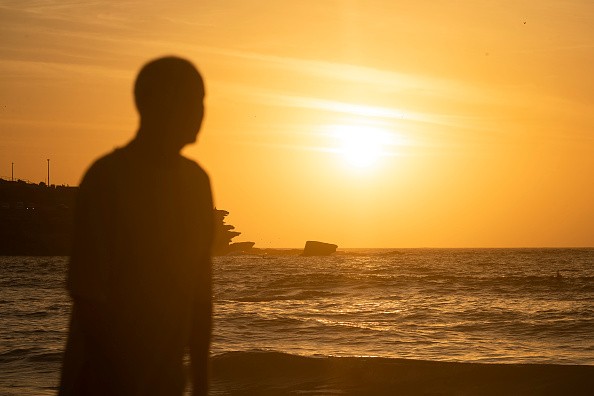During the first week of March, the latest weather forecasts said a heat spike could likely emerge in parts of Australia next week.
Travelers should consider looking into the weather conditions, especially the challenging heat in Australia.
Those with outdoor plans and activities should consider the weather to avoid prolonged exposure to challenging heat.
A challenging heat spike in Australia

According to Daily Mail UK and news.com.au, parts of Australia's east coast could experience a challenging heat spike early next week.
Although the country is used to extreme temperatures, heat waves could cause travel headaches and concerns for homeowners.
Meanwhile, the latest forecasts explained that the heat spike could likely hit Sydney, New South Wales Coast, Harbour City, Perinth, Parramatta, Liverpool, Western Australia and Queensland.
The troublesome heatwaves in Queensland could raise concerns about possible fire danger.
On the other hand, news.com.au further reported that parts of Northern Australia would experience rainy and wetter conditions next week.
Homeowners and motorists in Northern Australia should keep updated with the weather for possible flood alerts or warnings.
In addition, it is recommendable to bring an umbrella while outside to avoid the hassle of rainy conditions.
El Niño event
Recently, 9News reported that Australia could suffer from flash drought due to the threat of l Niño phenomenon.
As the La Niña phenomenon comes to an end, it is expected that global temperatures could become hotter.
La Niña has been crucial to unleashing cooler temperatures and alleviating the intense impact of heat waves.
The report explained warmer and dry temperatures that could result in noticeable drought conditions.
What to do during a possible heat waves and heat spike
According to Australian Red Cross, the heat waves and hot weather could kill people in the country.
It emphasized the importance of keeping cool during intense heat waves.
The advisory noted that heatwaves could become more dangerous for people with pre-existing medical conditions, workers, children and older adults.
The most common heat-related risks are fatigue, heat stroke and heat stress.
The situation could be dangerous, especially for older adults.
Here are essential reminders during heat spikes and heat waves.
Know the weather conditions.
Australians should keep updated with the current weather conditions, from rainy to heatwaves.
It would help homeowners adjust their travel plans and outdoor activities,
Outdoor exercise should be limited when the weather improves.
Stay hydrated
It is best to avoid stressful or strenuous tasks during extreme heat, as heat stroke or fatigue could become more at risk.
As recommended, staying hydrated at all times would be the best to avoid dehydration and heat stress.
In addition, wearing a comfortable shirt is important to keep cool during heat spikes.
If your family members suffer heat-related risks, immediately bring them to nearby hospitals.
Look for cooler places
Cooler places can be your home or nearby communities. A cooling system is also helpful in alleviating record-challenging heatwaves.
Related Article : Challenging Heatwaves Expected to Unfold in Parts of Australia This Week
For more similar, don't forget to follow Nature World News.
© 2026 NatureWorldNews.com All rights reserved. Do not reproduce without permission.





